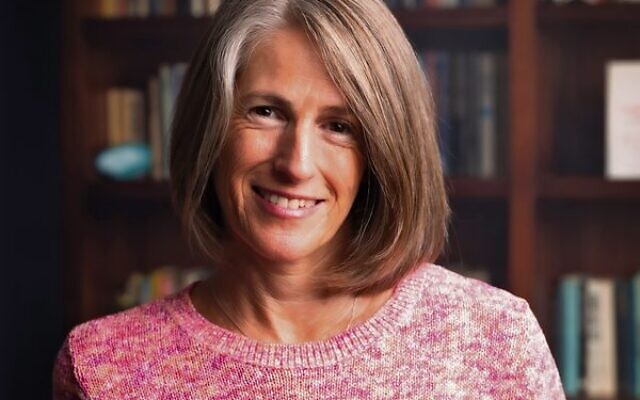A new dimension to self-care
Ros Ben-Moshe delves into the power of humour, laughter and positivity in her second book, launching this month. The author spoke to Hannah Schauder about her research.
Charlie Chaplin once said, “A day without laughter is a day wasted.” It is perhaps, one of the best ways to live your life. It’s certainly the experience of health promotion academic and laughter wellness expert, Ros Ben-Moshe, who – drawing on research, practice and wisdom from humour and laughter therapy, along with positive psychology and neuroscience – has just written her new book, The Laughter Effect: How to Build Joy, Positivity and Resilience in Your Life.
The book – which offers a new dimension to self-care, elevating mindfulness, gratitude and self-compassion – has already struck a chord globally, receiving international publishing deals, including from the United States and Canada, China, South Korea, Greece and Hungary.
Twenty years ago, while attending a World Health Promotion Conference, Ben-Moshe leapt into the unusual but joyous practice of laughter yoga, after observing 70 people participating in simulated laughter exercises. This encouraged her to go back to study a Master of Public Health and, taken by laughter’s impact on wellbeing, she began researching laughter therapy for patients receiving dialysis and in aged care.
Shortly after, a period that Ben-Moshe described as a distinctly unfunny time in her life, she was diagnosed with bowel cancer – unable to physically laugh for many weeks following abdominal surgery. Struck by this new challenge, she started developing and deepening her understanding about how things like laughter, joy and positivity in action change us physiologically and enhance healing. This led to the publication of her first book, Laughing at Cancer – How to Heal with Love, Laughter and Mindfulness in 2017.
“I was commissioned to write this second book in December 2019. Then the pandemic happened, filling me with a sense of urgency to write this book, as the world was immersed in so much negativity,” Ben-Moshe said.
“I wanted to give people practical tools to empower positive wellbeing, first creating a shift in their physiology and then rippling out into the broader world.”
According to Ben-Moshe, there are two types of laughter therapy. There’s laughter therapy that relies on humour such as watching comedic videos, and laughter therapy that does not rely on humour, the most popular being laughter yoga, involving a series of simulated laughter exercises, clapping and deep breathing. The advantage of intentional laughter practices is that you can control the laughter better, as you’re not relying on someone’s sense of humour to kick in.
“In the new book, I dive into the neuroscience of smiling and what goes on in the body when we’re smiling, laughing or even sharing a joke,” Ben-Moshe explained.
“It’s a skill set that, when practised regularly, helps counter stress hormones such as cortisol and adrenaline. The laughter effect promotes dopamine, oxytocin, serotonin and endorphins, our quartet of happy hormones.”
By presenting a holistic humour and non-humour-based skill set to amplify joy in all aspects of life, Ben-Moshe hopes that the book offers another dimension to self-care practices. It’s about embodying positivity at all levels beyond the cellular level, and then expanding out to benefit the people we interact with.
“The laughter effect is much more than ‘just’ about laughter, it’s a skill set and philosophy to promote joy, positivity and resilience.”
An official book launch, with guest star comedian Rachel Berger, will take place on May 7, World Laughter Day, at Monash University, with free admission to celebrate the release.
The Laughter Effect is published by Black Inc, $32.99 rrp


comments